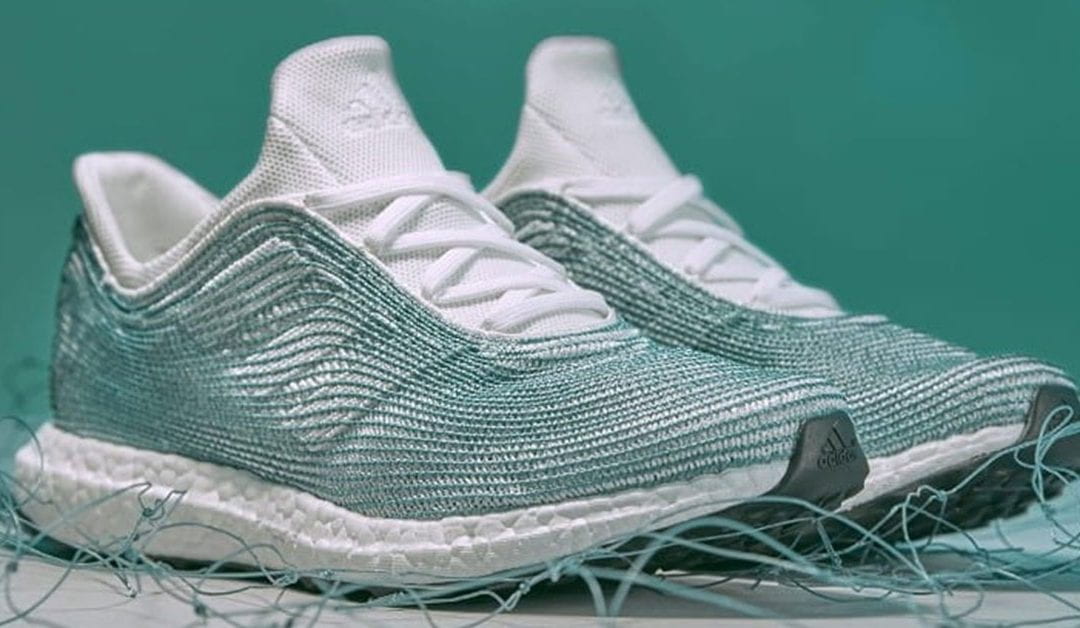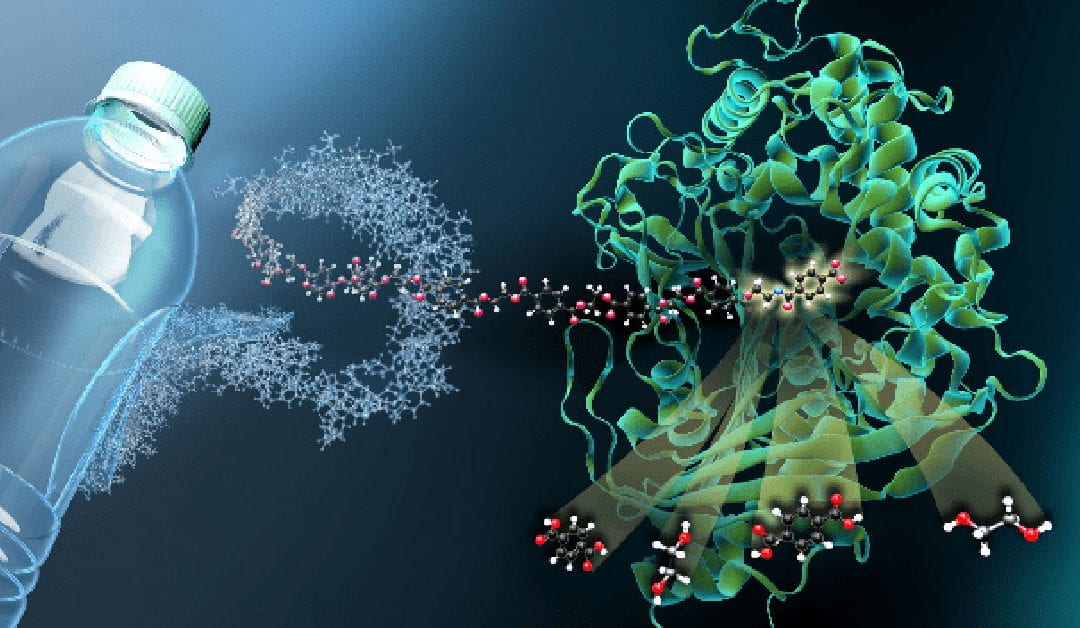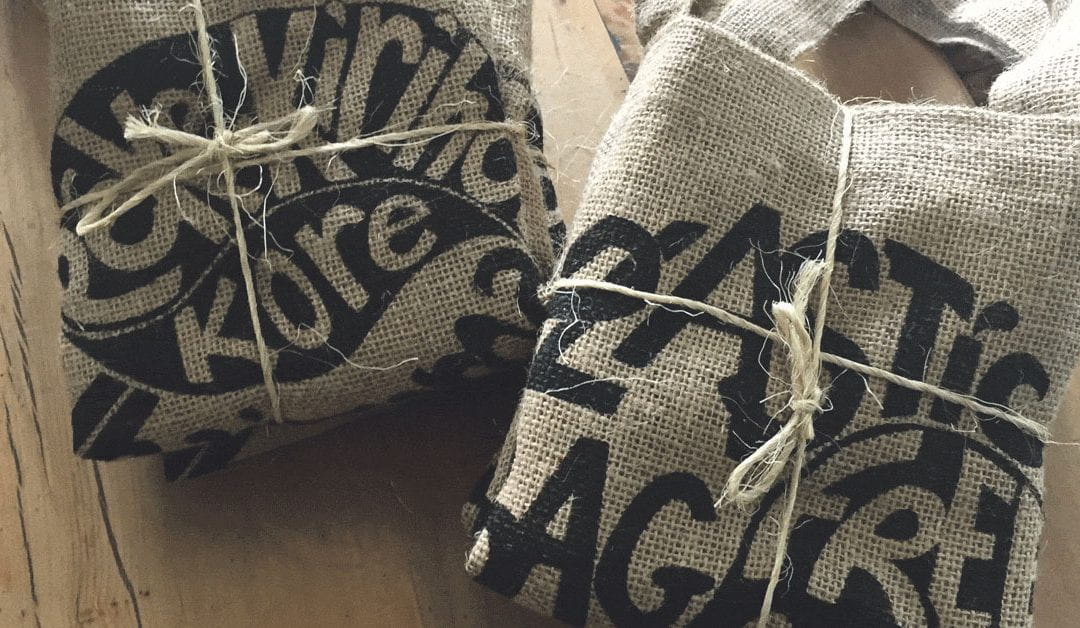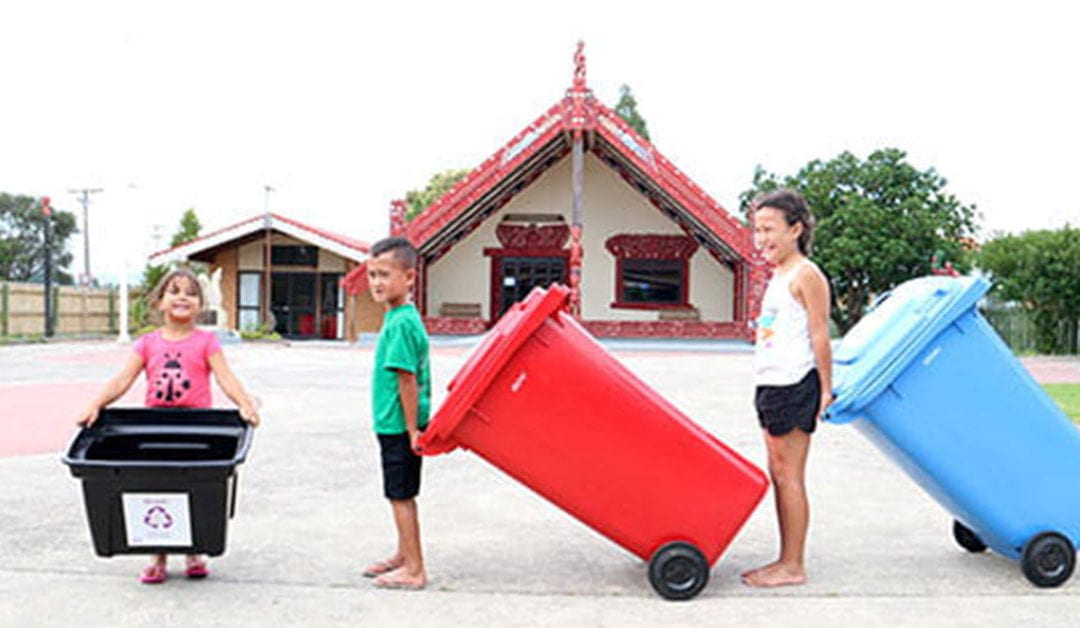
by JonoB | Nov 6, 2019 | Case studies – Rethinking plastics
New material innovations start with research and development. Through an iterative process, researchers (often alongside their industry partners) make and test materials until the new material has all of the desired properties for that application. This can take...

by JonoB | Nov 6, 2019 | Case studies – Rethinking plastics
As part of its recent pledge to use only recycled plastics by 2024, Adidas revealed a new sneaker made from 100% recyclable materials. Driven by a connection to environmental organisation Parley for the Oceans, the new sneakers are made from recycled polyester...

by JonoB | Nov 6, 2019 | Case studies – Rethinking plastics
Plastics are made by joining monomers together to form long flexible chains in a process known as polymerisation. The strength of the bonds formed between monomers is what makes the plastics persistent in the environment. Chemical recycling relies on using chemical...

by JonoB | Nov 6, 2019 | Case studies – Rethinking plastics
In October 2018, Whāingaroa Raglan won the Keep New Zealand Beautiful ‘Community Environmental Initiative Award’. The kōrero behind the Award was a story of what happened when a whole community worked together to engage in significant behaviour change around one...

by JonoB | Nov 6, 2019 | Case studies – Rethinking plastics
The driver: New Zealand Post wants a more sustainable, environmentally friendly alternative to their existing plastic mailers (e.g. courier bags, pre-paid postage bags). New Zealand Post has also signed the New Zealand Plastic Packaging Declaration, committing to...

by JonoB | Nov 6, 2019 | Case studies – Rethinking plastics
Para Kore is a Māori organisation that provides mentoring and support for marae, kōhanga reo, kura, community organisations, iwi, tertiary, commercial sector, events and Māori communities to reduce their waste. The goal of becoming para kore (zero waste) is based on...







